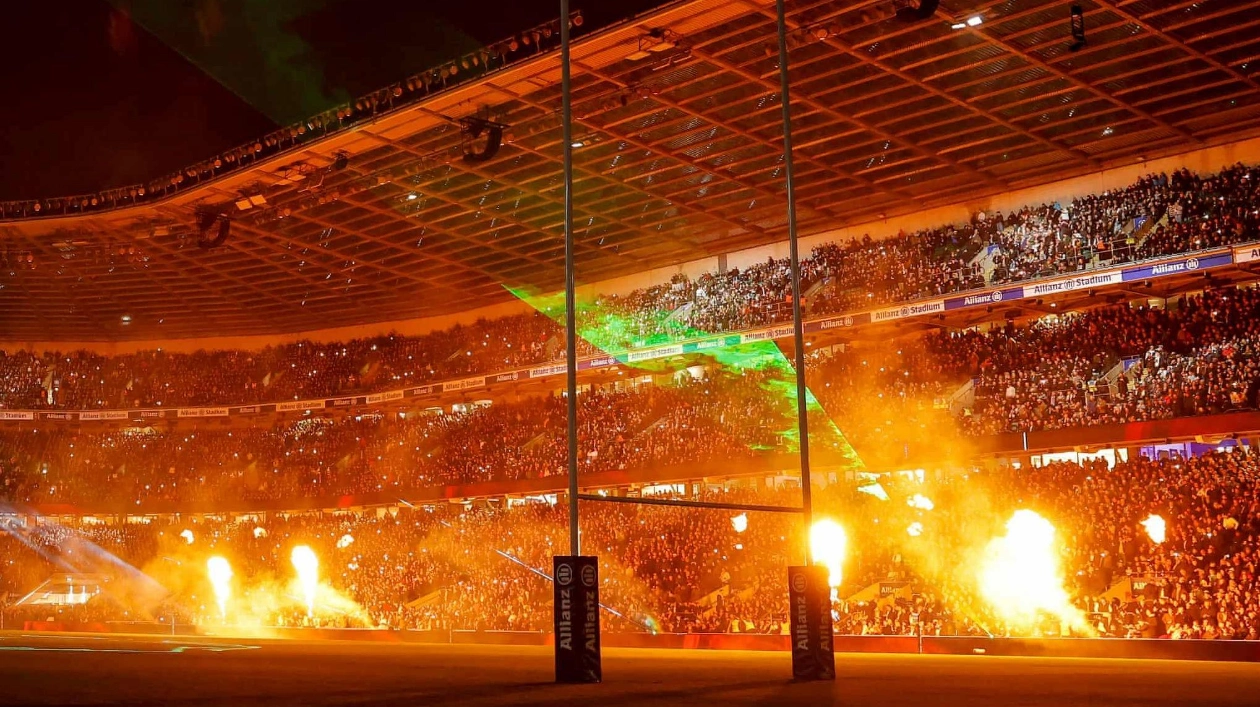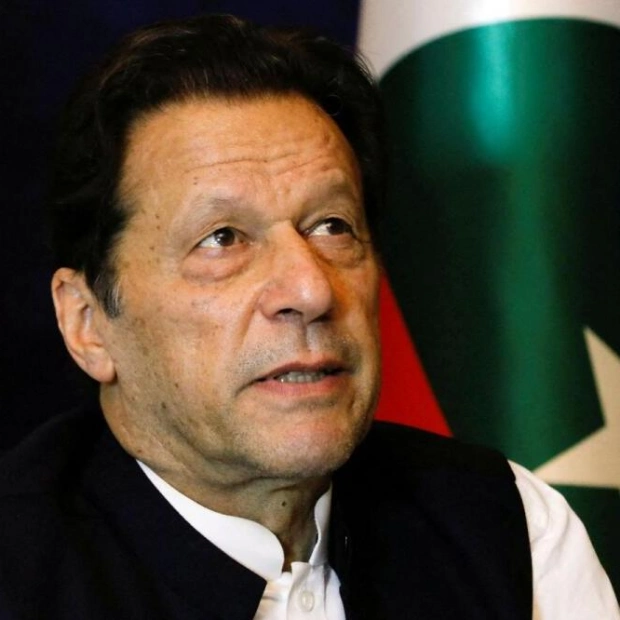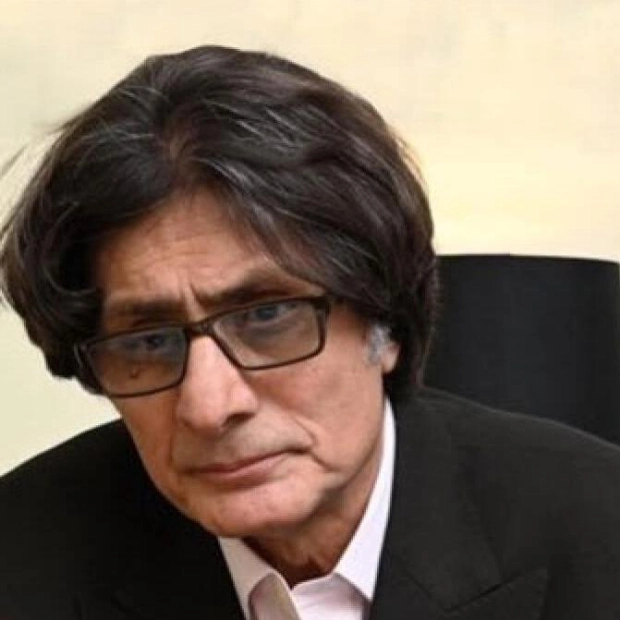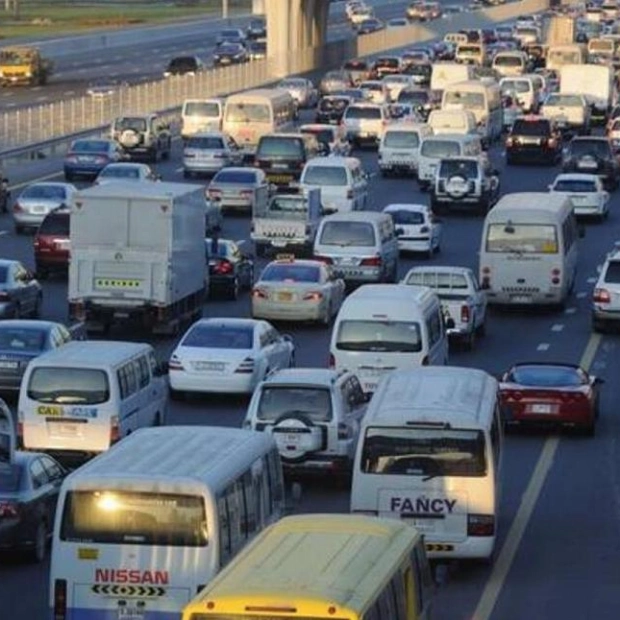England's recent on-field struggles are set to be compounded by off-field financial woes. On Monday, the Rugby Football Union's council members will be presented with the 2023-24 financial year's annual accounts, expected to reveal potential record losses for what was once the world's wealthiest union.
Francis Baron, who served as RFU chief executive for 12 years and was in charge during England's 2003 World Cup victory, is particularly concerned. Since leaving Twickenham, Baron has grown increasingly worried about the union's financial health and predicts "very bad news for the game" when the figures are disclosed.
While fewer home games during a World Cup season have contributed to reduced income, Baron believes the situation is nearing a critical point. "Things have got to change," he warned. "The lowest predicted overall loss I've heard is £36m. The game must recognize we're not in a great position."
Baron cites a combination of factors, including mediocre management, overpriced funding agreements with Premiership clubs, insufficient stadium maintenance investment, and the RFU's deal with private equity firm CVC Partners. He describes the latter as "an appalling deal" and believes surrendering 15% of future broadcast revenues to a finance company will have long-term negative effects exacerbated by declining TV rights values.
The RFU counters that a significant 2023/24 loss was expected and planned for as part of a four-year cycle, insisting it is in a strong financial position. However, in September, the union informed staff of about 40 redundancies, despite the rebranding of Twickenham to Allianz Stadium in a deal worth over £100m.
Baron, along with other informed voices, has been calling for a major rethink at the union long before the COVID-19 pandemic. He submitted a 50-page financial report in 2018 to then-chairman Andy Cosslett, who did not disagree with his analysis but did not act on his recommendations. Baron followed up with another report in 2019 as the situation worsened.
The recently signed Professional Game Partnership with leading clubs worth £264m is another concern. Baron points out that the previous deal in 2008 was worth around £90m over eight years, and the 2016 deal was almost double that amount. He believes the union has not been managed as well as it should have been, ignoring advice from various sources.
With the stadium needing a multimillion-pound redevelopment starting in 2027 and declining television revenues, Baron also highlights the increasing costs for England fans. He recently bought four tickets for a Test match against New Zealand, costing £229 each, which, with travel, food, and drink, amounted to a £1,200 day for four people.
Baron's concerns extend beyond the national team's performance, focusing on community game participation. With the community game's share of investment falling from 50% to less than 30%, he worries about the shaky base of the pyramid. "Somebody has to speak up," he says. "It's sad to see the state the union is in now."
Source link: https://www.theguardian.com






